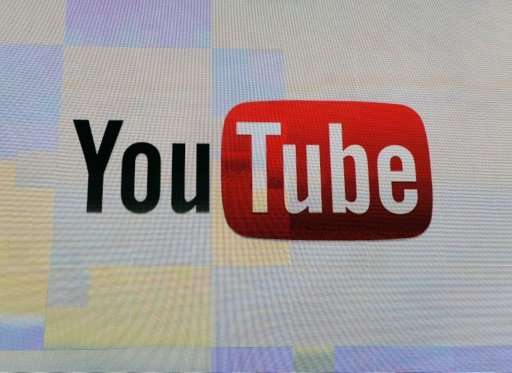Lewd comments cause YouTube to pull videos of children

YouTube pulled 150,000 videos of children after lewd comments about them were posted by viewers, as the Google-owned platform sought to reassure advertisers their messages would be kept out of compromising situations.
The online video-sharing behemoth confirmed on Thursday that it deleted several hundred accounts along with the thousands of videos that were problematic.
The move came after a British newspaper reported that ads for big-name brands were displayed alongside videos of children or teens which, while innocent on their own, drew viewer comments that seemed pedophile in nature.
Media reports indicate the situation made advertisers skittish, with some halting YouTube advertising.
US computer maker HP told AFP it stopped advertising on YouTube due to concerns.
"We are deeply troubled to learn that one of our advertisements was placed in a terrible and inappropriate context," an HP spokesperson said in response to an AFP inquiry.
Digital advertising dollars brought in by Google are the revenue engine that powers all units of parent-company Alphabet.
Google said it has also banned advertising on more than two million videos and 50,000 channels that were presented as family-friendly content but weren't.
The California-based company also said it blocked comments from being made for another 625,000 videos.
'Worrying'
YouTube said it has clear policies against videos or comments that sexualize or exploit children, and that it emphatically applies them when alerted to violations.
"We have recently reinforced our approach toward videos and comments featuring children which, even if they are not illegal, are still worrying," a YouTube spokesperson told AFP.
Google early this year endured a boycott motivated by companies seeking assurances that their marketing messages wouldn't be displayed along with hateful or outright terrorist content, particularly videos on YouTube.
The boycott began after the Times newspaper of London found BBC programs were promoted alongside videos posted by American white supremacist and former Ku Klux Klan member David Duke as well as Wagdi Ghoneim, an Islamist preacher banned from Britain for inciting hatred.
Google faces the challenge of pleasing advertisers as well as those who upload videos to YouTube and are free to take creations elsewhere if unsatisfied with their shares of ad revenue.
At issue are the limits of letting software algorithms decide optimal pairings of marketing messages and content sought by online viewers.
The technology is broadly used by internet firms, which heavily rely on software and artificial intelligence to figure out what ads will interest people at any given moment.
© 2017 AFP





















